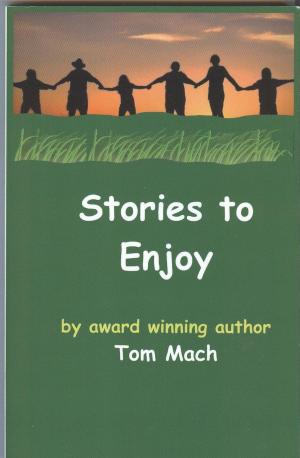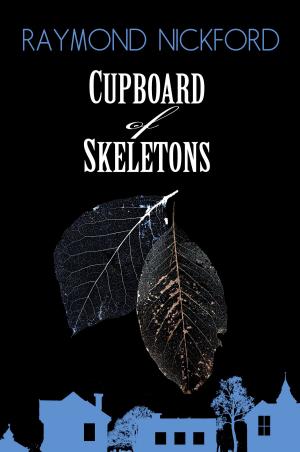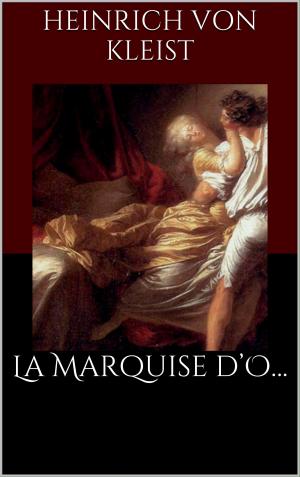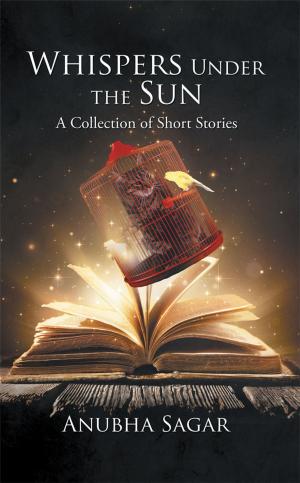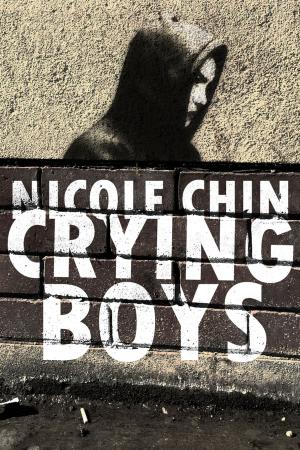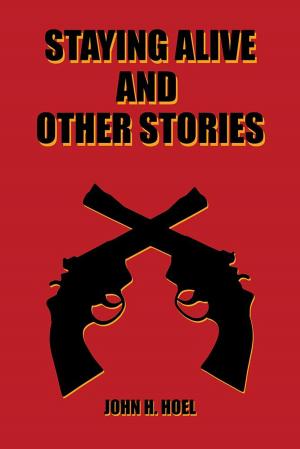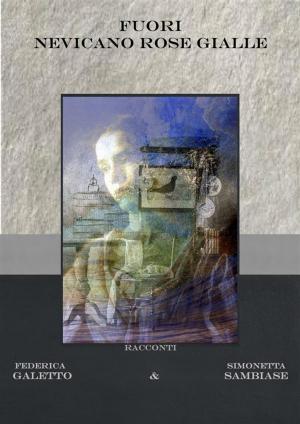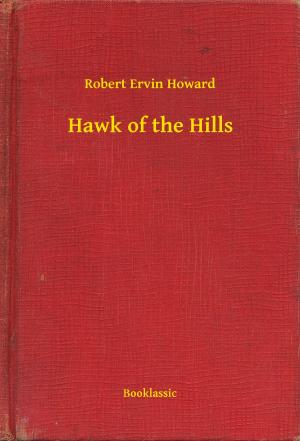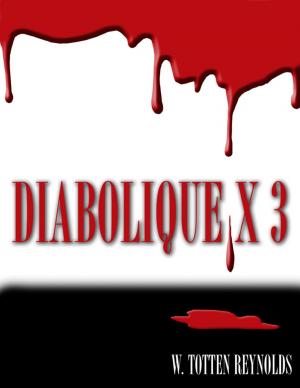| Author: | C.W. Smith | ISBN: | 9780989632928 |
| Publisher: | White Rock Books | Publication: | September 10, 2013 |
| Imprint: | Language: | English |
| Author: | C.W. Smith |
| ISBN: | 9780989632928 |
| Publisher: | White Rock Books |
| Publication: | September 10, 2013 |
| Imprint: | |
| Language: | English |
When Letters From the Horse Latitudes, C.W. Smith’s first collection of short fiction, appeared in print, they were praised in The New York Times for their “rugged informality” and for a “sense of intimacy… so great that the reader feels he has uncovered a cache of personal letters or is overhearing a late-night conversation between friends.” Set in the American Southwest and in Mexico, the central motif of the “horse latitudes” – a huge, perpetually becalmed area of the Atlantic dreaded and feared by old-time sailors – becomes a metaphor for living with uncertainty and moral ambiguity. The protagonists in this “collection of gems” (Austin American-Statesman) encounter the conflicts of race, class, and gender as their time and place presents to them, and they struggle to find answers to the conundrums of love, marriage, divorce, and death. Reviewing the collection in Texas Monthly, Robert Draper wrote “Vivid and emotionally honest, these stories are a joy to read.” Campbell Geeslin noted in The Houston Post that "These stories are a nourishing combination of lively entertainment and abrupt, effective insights into the way we are today."
When Letters From the Horse Latitudes, C.W. Smith’s first collection of short fiction, appeared in print, they were praised in The New York Times for their “rugged informality” and for a “sense of intimacy… so great that the reader feels he has uncovered a cache of personal letters or is overhearing a late-night conversation between friends.” Set in the American Southwest and in Mexico, the central motif of the “horse latitudes” – a huge, perpetually becalmed area of the Atlantic dreaded and feared by old-time sailors – becomes a metaphor for living with uncertainty and moral ambiguity. The protagonists in this “collection of gems” (Austin American-Statesman) encounter the conflicts of race, class, and gender as their time and place presents to them, and they struggle to find answers to the conundrums of love, marriage, divorce, and death. Reviewing the collection in Texas Monthly, Robert Draper wrote “Vivid and emotionally honest, these stories are a joy to read.” Campbell Geeslin noted in The Houston Post that "These stories are a nourishing combination of lively entertainment and abrupt, effective insights into the way we are today."

